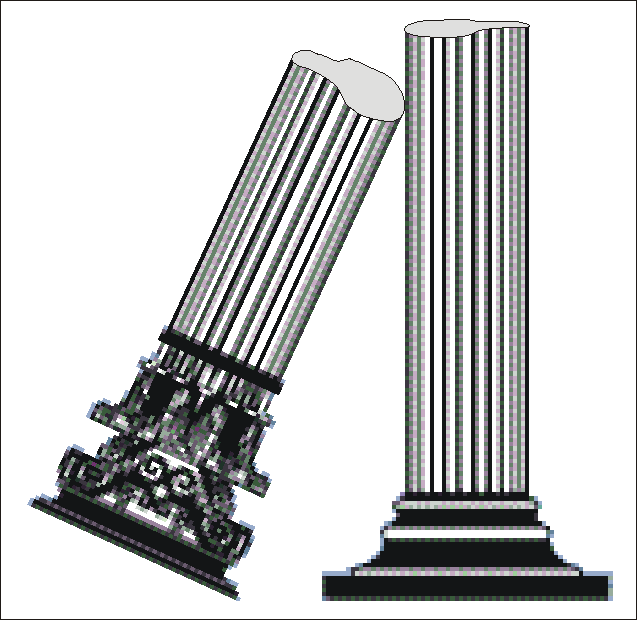presents
Corruption

|
"Power tends to corrupt, and absolute power corrupts absolutely."(Lord Acton) Corruption always overrides law. Behind every formal system there is an unpublished informal system. This is as true for the legal system as it is for any other system. You never know. Maybe the judge gets advice from his wife or an old school buddy, or is bribed. Or, maybe the judge does not like you, especially if you're trying to represent yourself (judges don't like amateurs in their courtrooms). Judicial arrogance is another factor. One thing for certain: All law is theory, the informal system is reality, backed up by the guns of government. In America the judges are gradually organizing themselves against the people. (See the Anti-Government Movement Guidebook written by judges for judges. It explains how to minimize the success of pro-se litigants.) King Cambyses severely dealt with Judge Sisamnes who accepted a bribe in 6th Century B.C. In 1498 a painting was made of the event. There are also powerful corrupt non-government forces at work. Here is the Dodd Interview about the Reece Committee Hearings: https://youtu.be/c5eHdTk5hjw. Try not to get angry as you read the report from the Congressional Reece Committee Hearings (2085pp, 146 MB). Fortunately, the Constitution provides a weak remedy. In this republic the individual can invoke his status as one of the people (not as a citizen) in a court of record. But, you'll need to fight to get the benefit. The only way to minimize corruption is to bring in a higher power such as an appellate court, supreme court, a personal lawsuit against the corrupt individual, street demonstrations, or even revolution, as when the colonies separated from England. |